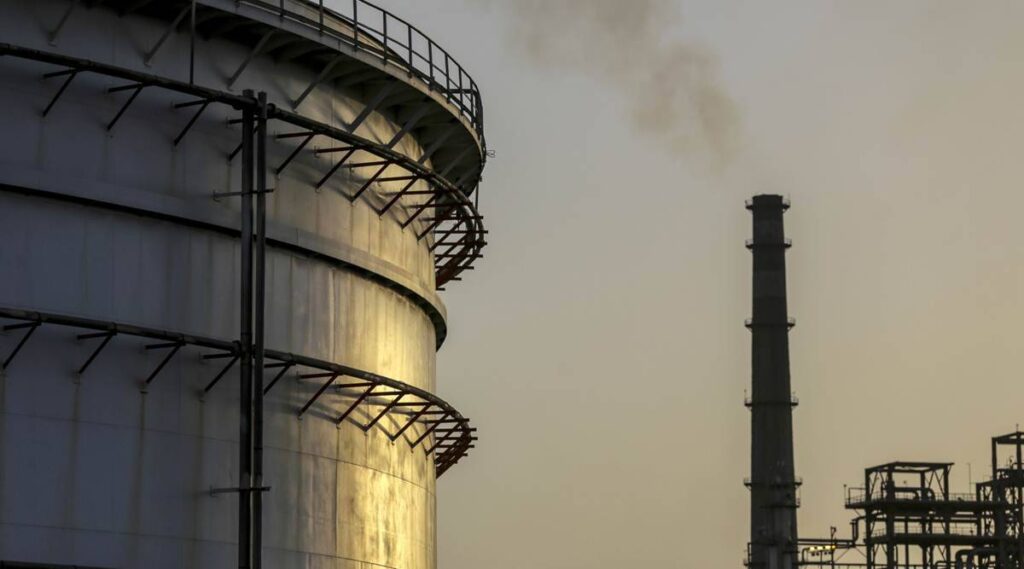The taxes on production of crude, and exports of petrol, diesel and aviation fuel could garner about 1 trillion rupees ($12.7 billion) for the government if the levies continue for the rest of the fiscal year ending in March, Mumbai based Kotak Mahindra Bank Ltd. economists Suvodeep Rakshit, Upasna Bhardwaj and Anurag Balajee wrote in their report.
India’s decision to impose windfall taxes on fuel exports last week will offset May’s excise duty cut on domestic prices of petrol and diesel, and help lower the budget gap in the current fiscal year, economists said.
The taxes on production of crude, and exports of petrol, diesel and aviation fuel could garner about 1 trillion rupees ($12.7 billion) for the government if the levies continue for the rest of the fiscal year ending in March, Mumbai based Kotak Mahindra Bank Ltd. economists Suvodeep Rakshit, Upasna Bhardwaj and Anurag Balajee wrote in their report.
India on Friday joined a growing number of nations that are taxing energy firms to cope with surging costs. It also increased taxes on gold imports to control the widening current account gap and slow the rupee’s fall.
“All else equal, risk of fiscal slippage in fiscal year 2022-23 now looks minimal,” wrote Citigroup Inc.’s economists Samiran Chakraborty and Baqar Murtaza Zaidi in their report Monday, penciling in revenue gains of 1.1 trillion rupees-1.2 trillion rupees. Citi expects the current year fiscal deficit at 6.2% of the gross domestic product, against budget estimate of 6.4%.
Besides boosting the central government’s finances, Friday’s measures will help in easing risks of higher-than-budgeted borrowings, Kotak economists said. They also lowered their fiscal deficit projections for fiscal year ending March to 6.5% of GDP from 6.8% estimated earlier.
Any extra funding requirement of the government can be covered using its cash balances, which was about 4 trillion rupees in June, and by issuing short-term treasury bills, said Gaura Sen Gupta, economist at IDFC FIRST Bank Ltd.

Source:reuters

